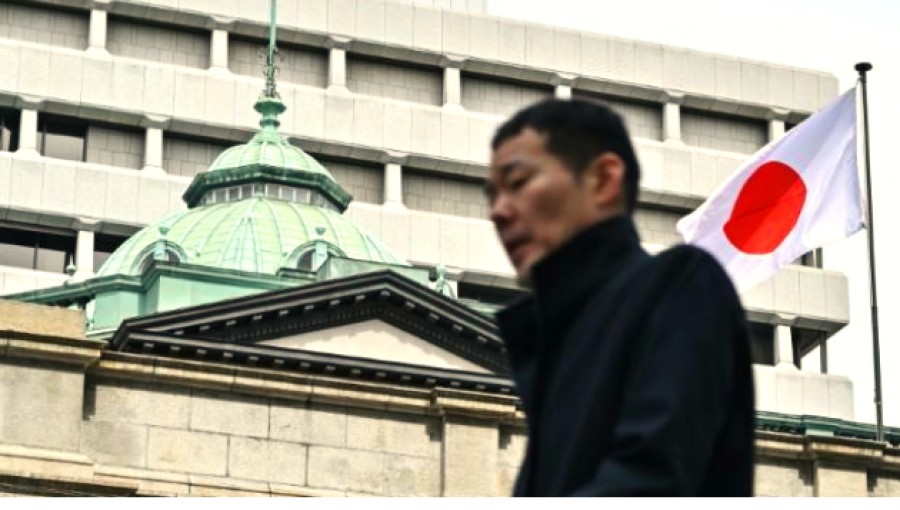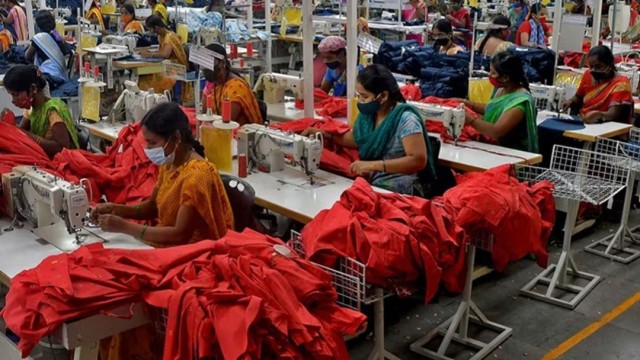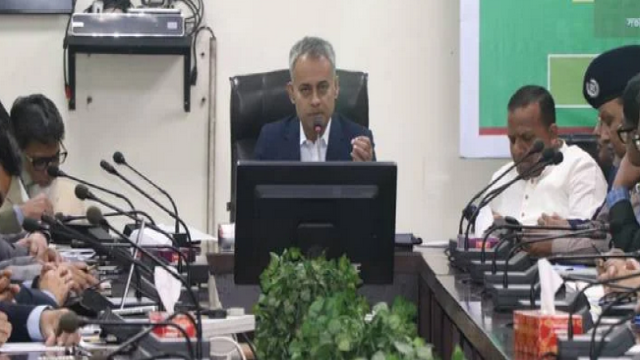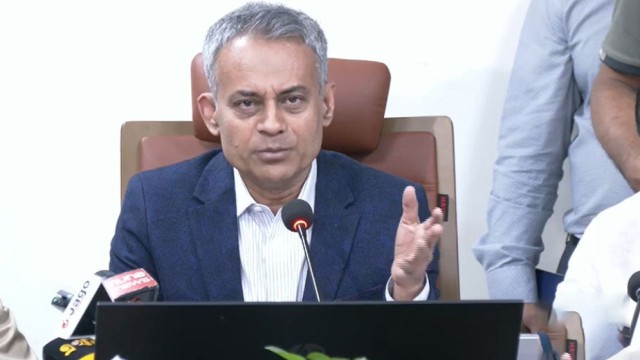The BOJ announced it would raise its short-term policy rate from -0.1% to 0-0.1%, aiming to achieve its 2% inflation target. This decision comes after months of speculation and follows similar actions by other central banks to combat inflation.
The bank's negative rate policy, implemented in 2016, aimed to stimulate borrowing and economic growth. However, concerns about the policy's effectiveness and its impact on the yen's value grew.
The BOJ's move will make borrowing more expensive but allow banks to earn higher returns on lending. It will also increase the cost of servicing Japan's massive national debt.
While the BOJ signaled continued support for the economy, some analysts believe more rate hikes are unlikely until there's stronger evidence of sustained wage growth and domestic demand.
Experts remain divided on the impact of this decision. Some see it as a positive step towards policy normalization, while others worry it could hinder economic recovery. The BOJ faces a delicate balancing act as it navigates this policy shift.






























Comment: